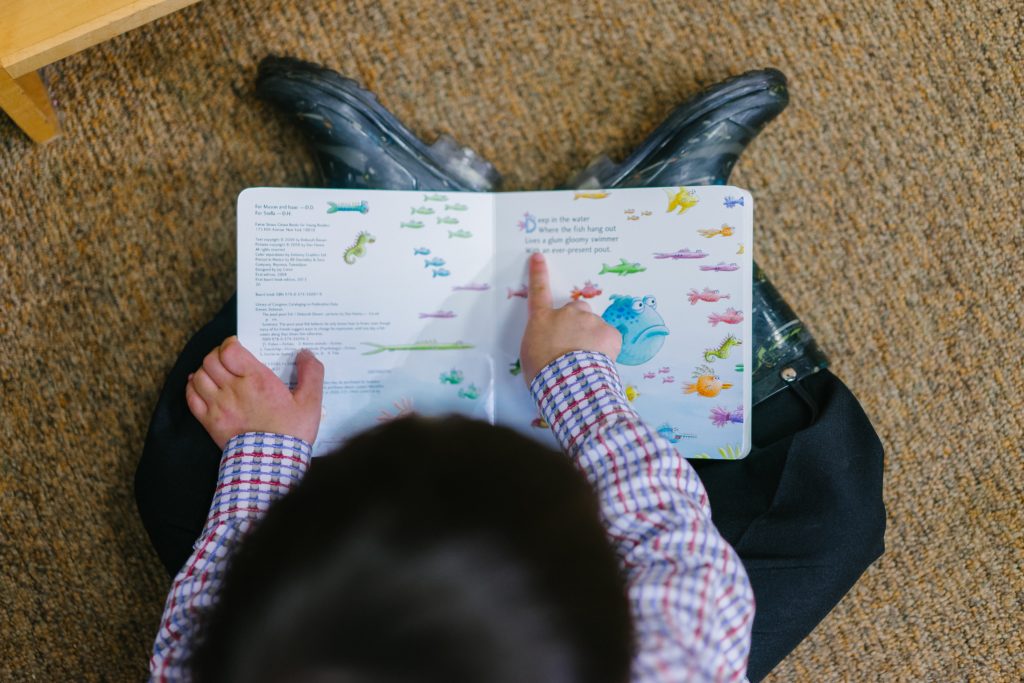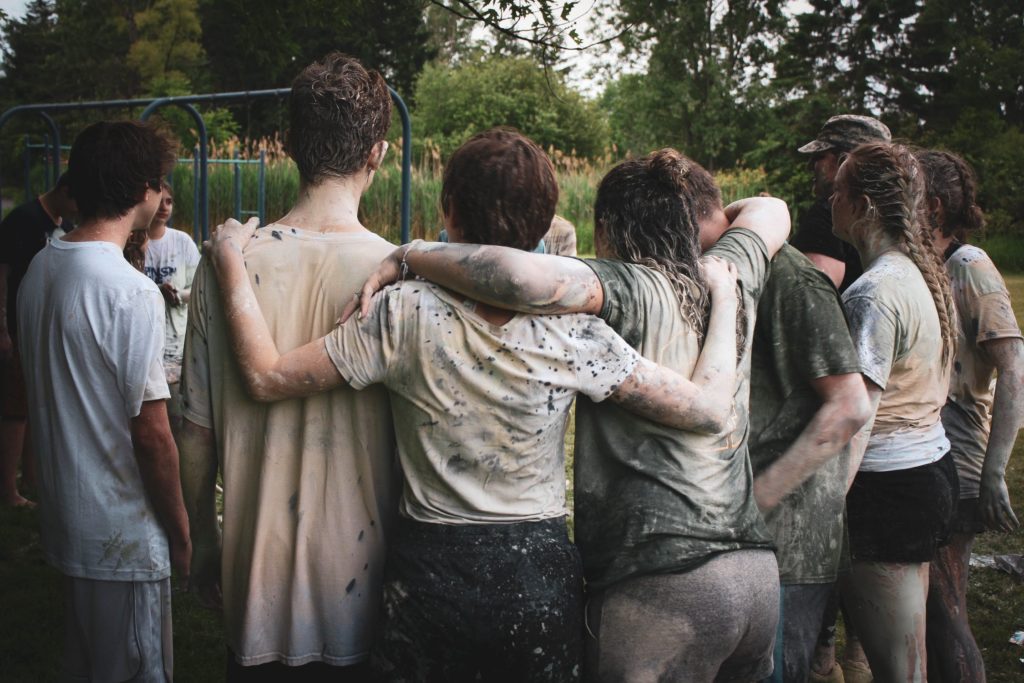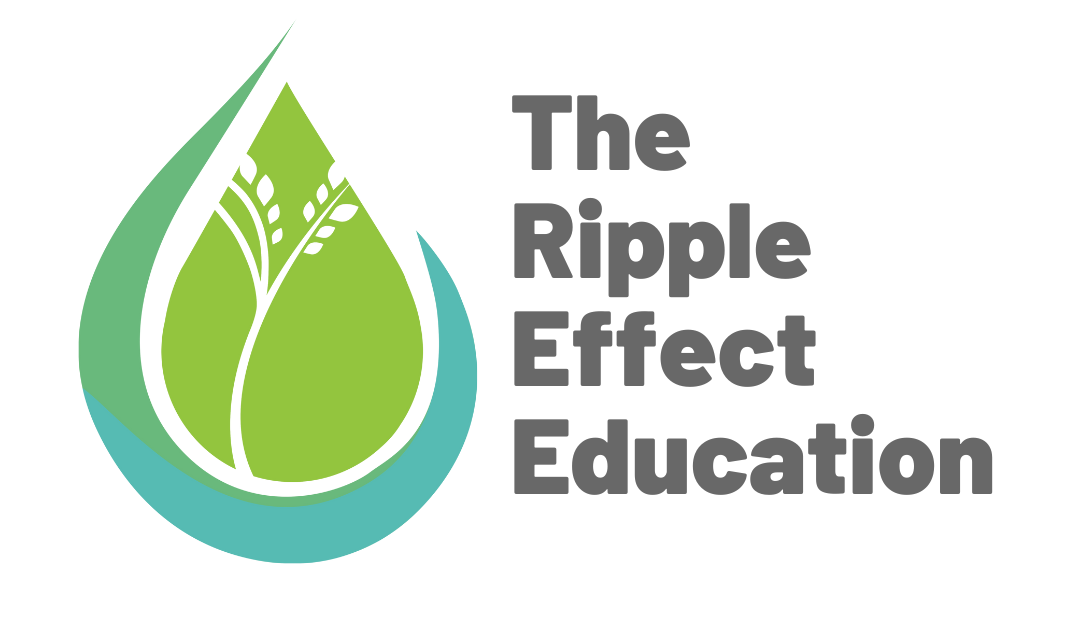Peace Activities For The Early Years

This summer is probably looking a bit different than expected, with camps, trips, and adventures being put on hold while we continue to navigate social distancing the best we can. Children can keep on learning through play and dialogue, even with these new safety measures Each TREE Classroom program includes take-home activities for families, designed […]
TREE’s Summer Reading List

Summer is here! Whether we’re spending more time outside in backyards, on balconies, in parks, or at the beach, a book is always a good companion, especially when we’re physical distancing! We carefully choose the stories we read in TREE workshops, because we know the right book can create a space to encourage young people […]
Creating Spaces for Inclusive Conversations

To be inclusive means to welcome and accept others, not in spite of their identity, but with all aspects of their identity celebrated; this means people of different cultures, sexual orientations, races, religious beliefs, genders, socioeconomic statuses, abilities, family structures, immigration statuses, and educational background, to name a few. Creating atmospheres of inclusion in our […]
Setting Boundaries for Healthy Conversations

Being able to change the subject mid-conversation is really more of an art than anything else; being able to redirect a conversation is useful and powerful. No matter how gracefully you might be able to change the subject, there are some topics that come up again and again that you might not be in the […]
When Small Conflicts Feel Big

We all have a window of tolerance for managing stress, conflicts and challenges in any moment. In the best of times, we have a greater window of capacity to tolerate these stressors. At times, however, there will be stressors that shrink that window. It could be a big change, like moving to a new city, academic […]
Managing Conflict in Times of Stress

In times of high stress or anxiety, we respond in very different ways (see also: fight, flight, freeze, or fawn); some of us are extroverts, some are introverts, some people process internally by processing over time, others process externally by talking things through with others. All of these are exceptionally valid ways of navigating our […]
A Roadmap for Tough Conversations

It’s April 2020, and many of us are navigating new routines, and new ways of spending time with others. Many of us are staying home, or working with different stressors, which means that new challenges push on our limits, often bringing up intense emotions or overwhelm. On top of all of the new things coming […]
3 Approaches to Support Others in Conflict

As someone working in the peace and conflict field, friends often often ask for advice about a conflict they’re experiencing. Sometimes this is an issue with a friend or family member, sometimes they are experiencing conflict with a co-worker or supervisor, or sometimes the problem they are experiencing is with a system that is working […]
3 Tips for Building Conflict Resolution Skills with Teens

The teen years are a time of rapid change for the youth in our lives. During this time period, youth are further developing their concentration, reasoning skills and perspective-taking, while continuing to build their sense of self. Decisions about the future may become stressors, while simultaneously navigating increasingly complex relationships with their peers. Here are […]
5 Tips for Building Conflict Resolution Skills with Pre-Teens

The pre-teen years are a time of rapid change for the youth in our lives. Young people are busy working out who they are and where they fit into the world, in conjunction with a lot of physical, emotional, cognitive and social changes. During this time, these changes can happen quickly and seemingly unpredictable, which can be tough […]

